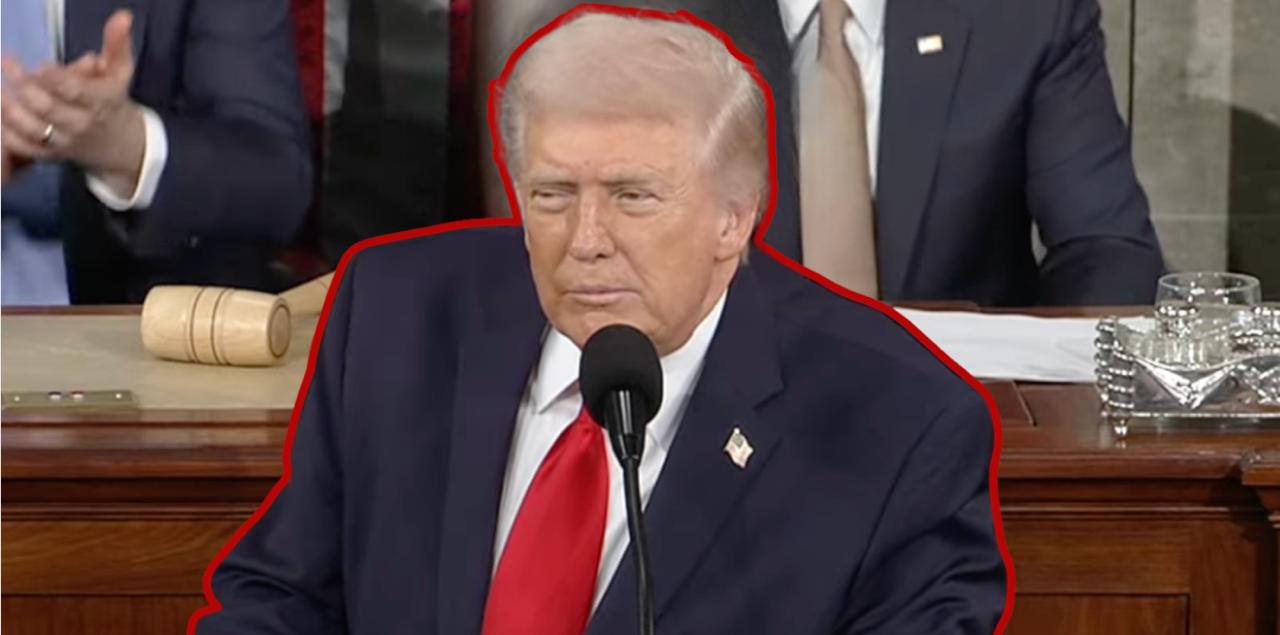People in the Matsu islands of Taiwan have recently been cut off from the outside world after two submarines controlled by China snipped internet cables last month. Consequently, credit cards could not be used, bank transfers failed, and online videos were not successfully uploading.
However, the event is more serious than not being able to load YouTube videos to the internet. The recent development has exposed an important information vulnerability, one that has revealed Taiwan is incapable of protecting its own communications should the small country go to war with China, per The Telegraph.
Lin Shengyue, 80, said of the outages: “Calls cut off midway; it’s pretty annoying,” adding that “it’s more of a problem for the young people glued to their mobiles.”
“That’s why all of them ran off to the main [Taiwan] island,” he continued. “The only ones left are old fogies like me and the soldiers stationed here.”
Lii Wen, head of the Matsu chapter of the country’s leading Democratic Progressive Party, said that the incident should serve as “a warning sign” for Taiwan to have better backup plans, adding: “What would we do if Taiwan’s 14 international sea cables were damaged?”
The Telegraph reported that the Matsu cables have been cut off 27 times over the past five years, often caused by Chinese fishing boats that drop anchors and drag fishing nets. But help is not coming anytime soon, as repair ships are not expected to reach the area until the end of April.
The cables are reported to be about 300 miles long, with a width no larger than a garden hose.
Chinese President Xi Jinping has consistently repeated his intent to annex Taiwan, a territory with its own government that Beijing claims is part of China. The US has expressed concern over China’s intent to militarily invade the small country by 2027, according to reports.
However, it is unclear why China would cut the cables now, allowing Taiwan to make the appropriate repairs should a war develop in the area.
Reuters recently reported on a $600 million subsea cable that the US has secured, delivering data and information from Asia to Europe, by way of Africa and the Middle East. The cables are said to connect 12 countries and are estimated to be finished in 2025.
These cables were noted to be “a trophy in a growing proxy war between the United States and China over technologies that could determine who achieves economic and military dominance for decades to come.”
It is clear that securing cable connection and internet access are growing interests for both China and the US, and it appears that smaller countries, such as Taiwan, are potential battlegrounds for gaining the edge should an international conflict arise.
The loss of internet access could spell disaster for Taiwan, as it could cut off communication between the government and its people should a conflict arise. It would also hinder Taiwan from seeking assistance from other countries if China invades.





